The Manchester Camerata has promoted Caroline Pether to leader.
Caroline, who is also leader of the chamber orchestra Sinfonia Cymru, featured recently in a film about her struggle as a gay Christian.
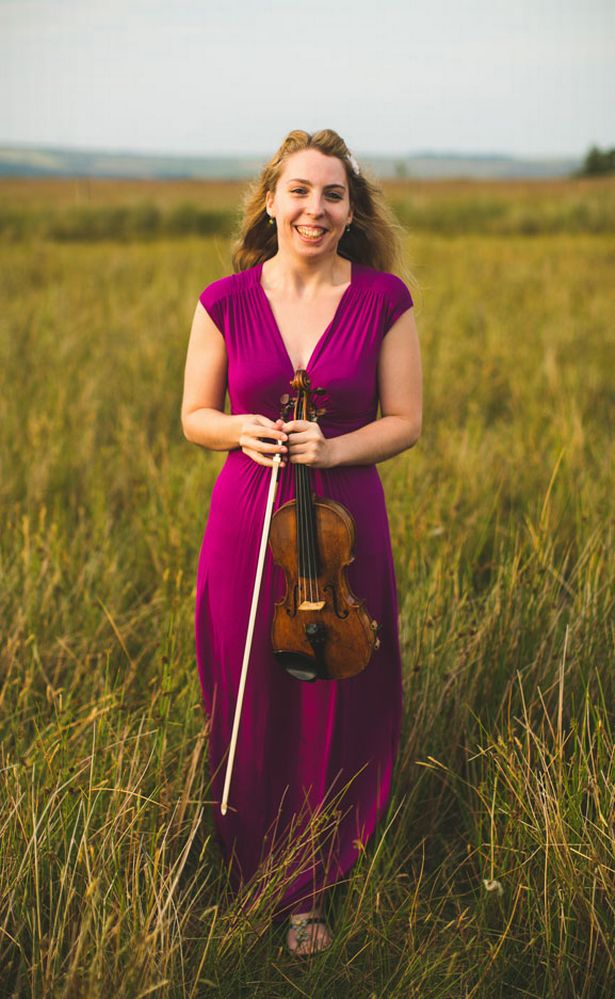
The Manchester Camerata has promoted Caroline Pether to leader.
Caroline, who is also leader of the chamber orchestra Sinfonia Cymru, featured recently in a film about her struggle as a gay Christian.

It’s the first anniversary of the death of the intensely private Hungarian pianis Marta Kurtag, playing here as she did every day with her husband, the composer György Kurtág.
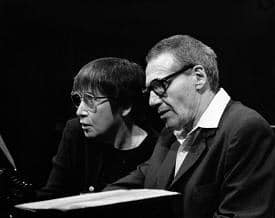
The violinist, accepting an OpusKlassik award: ‘Many of my colleagues are not just without work, they are on the poverty line. And it’s not just musicians and their families. It’s the graphic artists who make our programmes, the cloakroom attedants, the caterers and their people. Which of us has not been affected?’
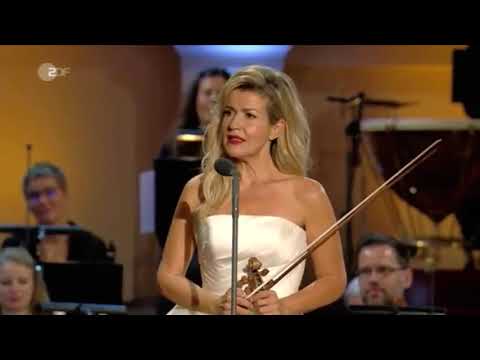
The Lithuanian bass Vaclovas Daunoras, who sang ten straight years at the Metropolitan Opera after making his debut there in 1995, has died at the age of 83.
Wonderful voice.
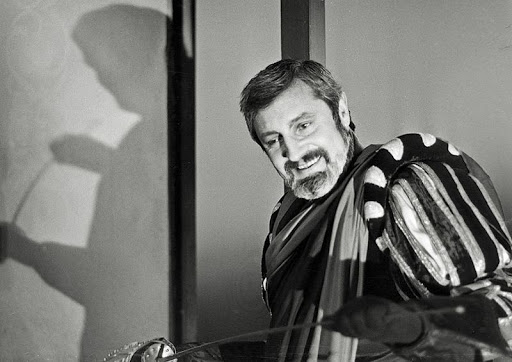
The great Hungarian composer György Kurtág plays a Mozart adagio in memory of his beloved wife Marta, who died a year ago this weekend.
Kurtág is 94.
This is the picture of them in October 2018 at the same piano, playing four-hand.

Just in:
Following the positive outcome of the Covid-19 test of one of the members of Aida’s singing company, Teatro alla Scala has arranged a double swab of the entire cast. The first of the swabs gave negative results for all the artists, but today’s morning the results of the second buffer highlighted a second case. The Theatre immediately alerted the health authorities that have arranged a quarantine period for the entire company. Accordingly, the planned performance of Aida in concert form of tonight’s concert for the Cultural Promotion Service cannot take place and will be replaced by a concert of arias and choirs by Aida, Nabucco and La bohème directed by Master Fabio Luisi with the participation of the artists Anita Hartig, Aida Garifullina, Jonas Kaufmann and Simone Pitch.
Teatro alla Scala thanks all the artists for their kind availability.

The Times’ music critic Richard Morrison reviewed Covent Garden’s reopening this weekend from a seat at home.
‘With so few seats available…,’ he begins, before warning us four paragraphs further on that he was ‘witnessing it online in my living-room (a case of temporary Covid-19 shielding, sadly)’.
That struck a dud note.
If the opera house has gone to the trouble of reopening, a newspaper like the Times should have made sure its critic was at the venue. No newpaper would cover a football or tennis match from a live feed. The same standard should apply to the performing arts.
A critic in his or her living room loses the essential third dimension when watching performance. Morrison, more experienced than most, was able to suggest something of the magnitude of the production.
But not being there was wrong. If he was quarantined, someone else should have gone.
We have a right to expect that a critic should be there.

The Metropolitan Opera’s publicity department has planted a story in the New York Post about two veteran subscribers, Marion Chalat and Carolyn Starry, who have coped with seven months of Covid by watching Met opera streams every night. The Post gushes that…
So far, according to Met spokesman Michael San Gabino, the series has had an impressive 14.4 million views.
“We were so thrilled that Peter Gelb was offering something to people who had to stay inside mostly,” Starry told The Post. “For those few hours, we can focus on something beautiful.”
In other news, the Met – which is staying shut for 18 months – has refused to pay its musicians since April 1.
Some dysfunction here?
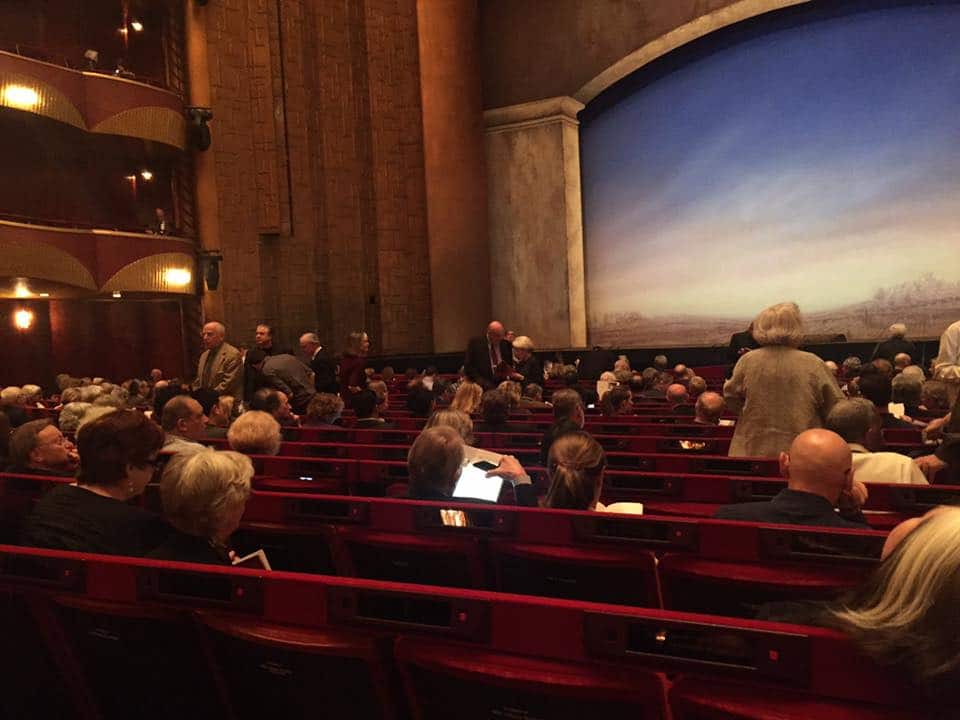
On April 4, 1787, hearing that his father Leopold was seriously ill, Wolfgang Amadeus Mozart wrote a bizarre farewell letter to his father, full of half-digested church sermons and Freemasonry:
‘Death,’ he wrote, ‘when looked at closely, is the true goal of our lives (…) for a number of years I’ve familiarized myself with this true best friend to such an extent that his image is not only no longer a terror to me but offers much that is comforting and consoling! – And I give thanks to my God that He has given me the good fortune of finding an opportunity – you understand what I mean – of realizing that death is the key to our true happiness.’
The letter today reached Salzburg, as its latest acquisition for the Mozarteum Foundation.

The German conductor Johanna Malangré has been named music director of the Orchestre national de Picardie, based at Amiens in france.
Malangré, 31, succeeds the Dutchman Arie Van Beek. She is only the second woman to head an orchestra in France – after Debora Waldman at Avignon-Provence – and her appointment was signalled out for official acclamation by the minister of culture, Roselyne Bachelot-Narquin.
